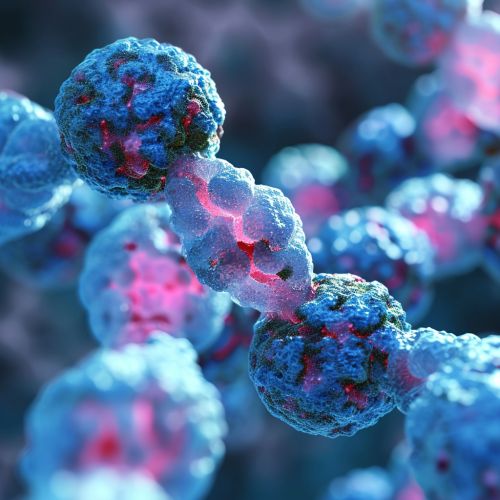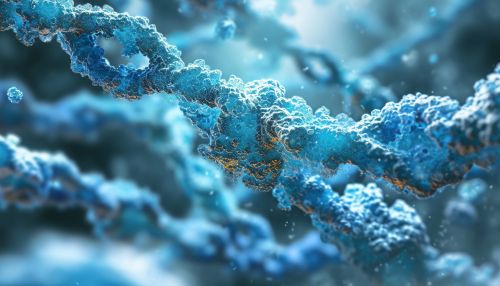Chromosome stability
Introduction
Chromosome stability refers to the maintenance of the structural integrity of chromosomes, which is crucial for the proper functioning of cells and the prevention of diseases such as cancer. The stability of chromosomes is ensured by a complex network of cellular processes, including DNA repair, cell cycle checkpoints, and the accurate segregation of chromosomes during cell division.
DNA Repair
DNA repair is a collection of processes by which a cell identifies and corrects damage to the DNA molecules that encode its genome. In human cells, both normal metabolic activities and environmental factors such as radiation can cause DNA damage, resulting in as many as 1 million individual molecular lesions per cell per day. Many of these lesions cause structural damage to the DNA molecule and can alter or eliminate the cell's ability to transcribe the gene that the affected DNA encodes.
Cell Cycle Checkpoints
Cell cycle checkpoints are control mechanisms in eukaryotic cells which ensure proper division of the cell. These checkpoints verify whether the processes at each phase of the cell cycle have been accurately completed before progression into the next phase. There are several checkpoints to ensure that damaged or incomplete DNA is not passed on to daughter cells.
Chromosome Segregation
Chromosome segregation is the process in eukaryotes by which two sister chromatids, formed as a result of DNA replication, are separated and evenly distributed into two daughter cells during cell division. This process ensures that each daughter cell receives an identical set of chromosomes. Errors in chromosome segregation can lead to aneuploidy, a state of having an abnormal number of chromosomes, which is a hallmark of many types of cancer.


Diseases Associated with Chromosome Instability
Chromosome instability is a characteristic of many diseases, most notably cancer. In cancer cells, chromosome instability leads to aneuploidy and other genetic alterations that drive cancer progression. Other diseases associated with chromosome instability include a number of congenital disorders and neurodegenerative diseases.
Mechanisms of Chromosome Instability
There are several mechanisms by which chromosome instability can occur, including defects in DNA repair, errors in chromosome segregation, and the bypassing of cell cycle checkpoints. These mechanisms often involve mutations in genes that regulate these processes.
Conclusion
Maintaining chromosome stability is crucial for the health of cells and organisms. Understanding the mechanisms that ensure chromosome stability and how they can go awry is a key area of research in cell biology and has important implications for the treatment of diseases like cancer.
